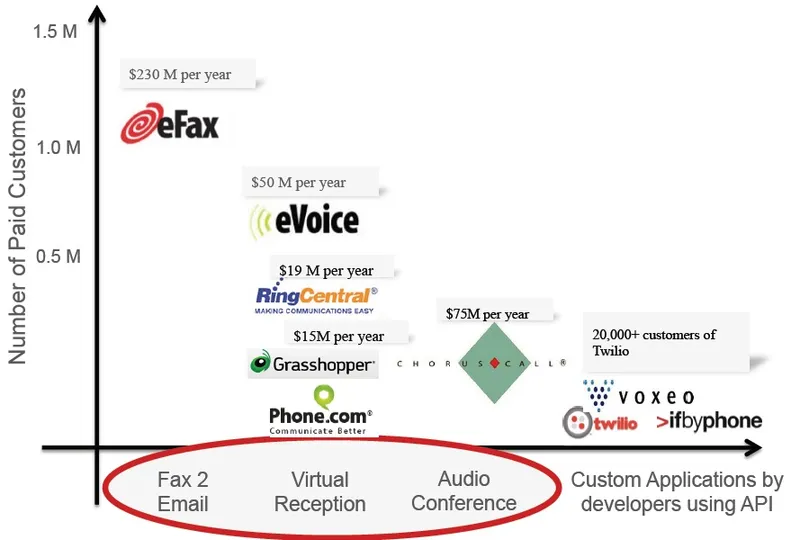A walk through the history of Cloud Telephony
India has had a very rich history and never before have people of India been so interconnected. A rickshaw driver working in Jaipur can call his family in a small village in Uttar Pradesh on a daily basis. We have witnessed and gone through a silent revolution of connectivity in front of our eyes.
Like every revolution, this one also has massive implications. Today everyone in India is carrying a mobile phone. Today, the mobile phone actually is a small computer siting in the pockets. The implications are massive. You could call your friends or you could as well call up a cloud telephone server where an automated program can use speech synthesis to provide you with the information you need. For example, you could call 011-XXXXXX to enter the zip code of your area and speech synthesis program on the other end will tell you the weather in your area. In nut-shell, anyone with mobile phone has access to the massive number of telephone applications.
You could give a missed call to XXX to get a conference number[1]. You could call YYY for this information. It is real and it is now. No wonder Cloud Telephony in India is booming. It is a no-brainer for the enterprises to use this to offer their customers a way to connect to them over phone.

It wasn't like this. The history of Cloud Telephony starts out with J2 in USA thinking of hooking up fax telephone lines to telephony server and converting your received faxes into PDF document so that you could receive faxes on email. It was brilliant. In 1998, email was becoming mainstream in US. Fax was old technology but very widespread. Offering a convenient bridge had immediate takers. The Efax business took off and what I think is "Cloud Telephony" stated. It was fax in cloud.
In 2004, companies in US started offering PBX machines in the cloud. They hooked up telephone lines to telephony servers. A customer could get a number from the hosted PBX providers. When he called it, it would play a welcome greeting - "Welcome to your company, press 1 for sales and press 2 for marketing". He could customize this greeting by simply uploading an mp3 file. He could configure the numbers call forwarded to when called pressed 1. He could do all this without having to buy or manage any hardware in the premises. It liberated small business from the clutches of the expensive and bulky telephony hardware in the offices. It took off and companies like RingCentral built massive business on this in last couple of years.
In 2007 Twilio come along to take the revolution even further by offering an telephony API one could built any application on. More than 10,000 small applications are built by developers on Twilio API. It is not a small feat.
The only small problem is that all of these technologies use VoIP backend. India does not allow VoIP so you have to have systems that talk directly with hardware telephone lines. Life suddenly becomes difficult for anyone looking to build Cloud Telephony business. This is where Knowlarity came in. In 2009 we started and for a year, we built a robust and scalable telephony platform that can work in the countries where VoIP is not allowed. We also built SuperFax and SuperReceptionist besides offering Twilio kind of API for anyone to build applications on our platform. The strategy worked. There are others in the market that have also come up and are doing a good job.
It can be argued that in very near future every company that has a website to serve their customers will also have a telephone number that can integrate with its CRM system and automatically serve the customer over phone. The Text--To-Speech, Automated Speech Recognition technologies are at the stage that they can be used commercially in India. Which means, we call in the office number, it will greet by "Welcome to ABC Corp, abc. Your account has following shipments:..".
Cloud Telephony industry is growing exponentially in India today. Welcome to the telephony robots.
[1]: You can try it out by dialing +91-9650235522
About the author:
Ambarish Gupta, CEO and Founder, Knowlarity. He can be reached out @ambarishKnow






